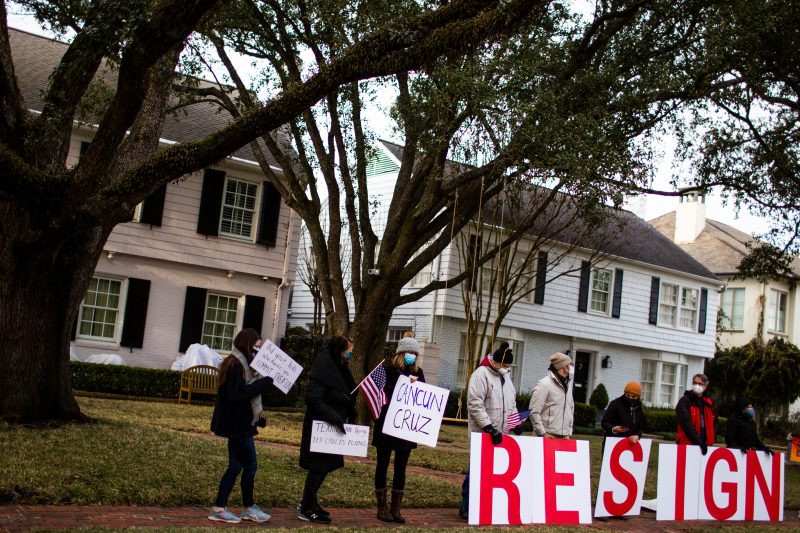In recent years, the issue of government intervention in social media platforms has sparked significant debate globally. The practice of jawboning, whereby politicians pressure social media companies to delete or censor specific content, has become a point of contention. This practice, which some see as a form of government overreach, has drawn scrutiny from various stakeholders including free speech advocates, tech companies, and policymakers.
One of the primary concerns raised by those critical of jawboning is the potential infringement on freedom of speech. Social media platforms have become important forums for public discourse, where individuals can express their opinions and engage in debates on various issues. When politicians intervene to dictate what content should be removed, they risk limiting the diversity of voices and perspectives that can be heard online. This, in turn, can undermine the principles of free speech and open communication that are essential in a democratic society.
Furthermore, the pressure on social media companies to delete posts or accounts based on political considerations raises questions about the role of these platforms in shaping public discourse. While social media companies have guidelines and policies regulating content on their platforms, the involvement of politicians in influencing these decisions blurs the line between government and private sector control over information dissemination. This can create a chilling effect on free expression, as individuals may self-censor out of fear of reprisal from authorities.
Moreover, the selective targeting of certain content for removal can have far-reaching consequences for public discourse and democracy. When politicians exert influence over social media companies to delete posts that they deem undesirable, there is a risk of silencing dissenting views and suppressing critical scrutiny of those in power. This can erode trust in institutions and undermine the ability of citizens to hold their representatives accountable, which are fundamental aspects of a healthy democratic system.
In response to these concerns, there have been calls for greater transparency and accountability in the relationship between politicians and social media companies. Advocates argue that there should be clear guidelines and mechanisms in place to ensure that decisions regarding content moderation are made independently and without political interference. By promoting a more transparent and balanced approach to regulating content on social media platforms, policymakers can help safeguard free speech rights while also addressing legitimate concerns about harmful or illegal content online.
In conclusion, the practice of jawboning by politicians to pressure social media companies to delete posts is a complex issue that raises important questions about free speech, democracy, and the role of technology in society. As governments and tech companies navigate this challenging terrain, it is crucial to uphold the principles of free expression, accountability, and transparency to ensure that online platforms remain open and inclusive spaces for public discourse. By fostering a constructive dialogue and respecting the rights of all voices to be heard, we can work towards a more democratic and resilient digital future.

